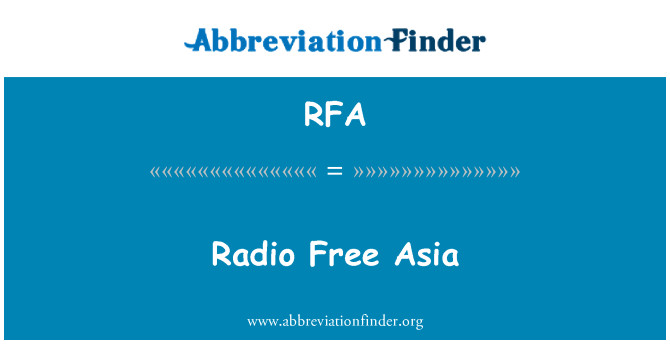The recent Radio Free Asia auction has sparked a heated debate, as the U.S. taxpayer-funded nonprofit news agency liquidates its broadcast equipment at significantly reduced prices. This move comes amidst funding cuts and a government shutdown, raising questions about the organization's financial management and operational integrity.
Radio Free Asia (RFA), a federally funded nonprofit news agency, has begun auctioning off a significant amount of broadcast equipment at low prices, raising eyebrows and prompting criticism. The organization, which receives around $60 million annually from U.S. taxpayers for its news operations in Asia, announced the auction amid funding cuts and a government shutdown.
The auction includes a wide array of broadcast, audio, video, and computer equipment, all of which are up for grabs at the site of the headquarters of Radio Free Asia. The sale of these assets has been met with criticism from lawmakers and taxpayers alike, who question the necessity and timing of such a move.
Congressman Darrell Issa has been particularly vocal in his criticism, calling the auction a betrayal of taxpayer trust. He argues that the sale of taxpayer-funded assets for pennies on the dollar is a misuse of public funds and undermines the organization's mission.
RFA has defended its actions, stating that the auction is necessary to keep the organization afloat during the funding lapse. The organization claims that the sale of equipment is a temporary measure to ensure its continued operations and that it will resume normal activities once funding is restored.
However, critics argue that the auction is a sign of deeper financial mismanagement within the organization. They point to the fact that RFA has been receiving approximately $60 million annually from American taxpayers, yet it has resorted to selling off its assets to stay afloat.
The controversy surrounding the Radio Free Asia auction highlights the broader issue of government funding for nonprofit organizations. While RFA's mission to provide news to Asia is crucial, the way it manages its finances and assets has come under scrutiny. The organization must address these concerns and restore transparency to regain public trust.



